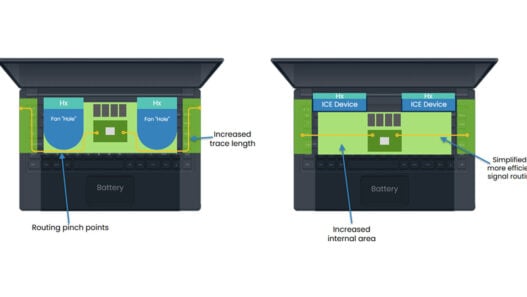Time is running out, so the aerospace sector needs to continuously innovate – and fast. To continue to lead the way, the UK aerospace sector will need to rapidly scale up the manufacturing of Power Electronics, Machines and Drives (PEMD).
The future of air travel will include electric, hybrid or hydrogen. PEMD – an important acronym most people have never heard of – will play an essential role in the evolution of all three of these technologies in the UK’s aerospace sector. They are the enabling technologies that will make low carbon air travel a reality.
Totalling nearly £80mn, UK Research and Innovation’s (UKRI) Driving the Electric Revolution challenge – a government-funded programme – is investing into these electrification technologies to support the up-scale of PEMD Manufacturing.
The challenge aims to:
- Leverage the UK’s research capability in PEMD to help industry create the supply chains necessary to manufacture the PEMD products developed here
- Identify gaps in the supply chains and help industry fill them
- Ensure cooperation and collaboration so we don’t duplicate effort, waste time and can reuse solutions across all sectors
- Help fill the skills gap by retraining, upskilling and repurposing engineers from traditional internal combustion businesses into PEMD supply chains
It is the UK’s most important intervention into PEMD. The Driving the Electric Revolution challenge provides funding opportunities for collaboration between SMEs, big businesses and academia to create innovative and cost-effective solutions. It also works to establish ‘best-in-class’ industrialisation facilities to create robust and resilient UK supply chains.
Thanks to UKRI, the Driving the Electric Revolution challenge has already invested in 40 PEMD projects, many that can be applied to the aerospace sector with more funding successes yet to be announced.
One area to have benefited from UKRI fundingcan be found within the development of GaN and SiC high-power WBG semi-conductors – components that will play a crucial role in the development power-dense aircraft propulsion systems. Projects in this area to have received funding through the Driving the Electric Revolution challenge include SLOGaN , GaNSiC and SOCRATES.
These projects are focused on improving critical elements of the manufacturing process, filling in gaps in the UK’s semiconductor value chain – enabling next generation more electric, hybrid, hydrogen and fully electric aircraft to be built from UK components.
Another project to have benefited from funding through the Driving the Electric Revolution challenge looks at creating a simulation tool that will expedite the development of eVTOL (Vertical Take-Off and Landing) vehicles. The funding awarded to Drive System Design will develop a toolchain which will simulate thousands of detailed propulsion systems. This tool will allow for design optimisation by evaluating the trade-offs between vehicle range, mass and cost. As a result, the toolchain will reduce development timescales and speed up the certification process.
And then there’s High-T Hall, which will deliver a demonstration of an advanced Hall sensor for the aerospace sector. Based on 2D graphene technology, the project, that includes Rolls-Royce and Paragraf, will provide a bespoke packaging system that will operate in high temperature environments, accurately measuring current that will enable precision control of electric motors and generators to increase their operating efficiency.







